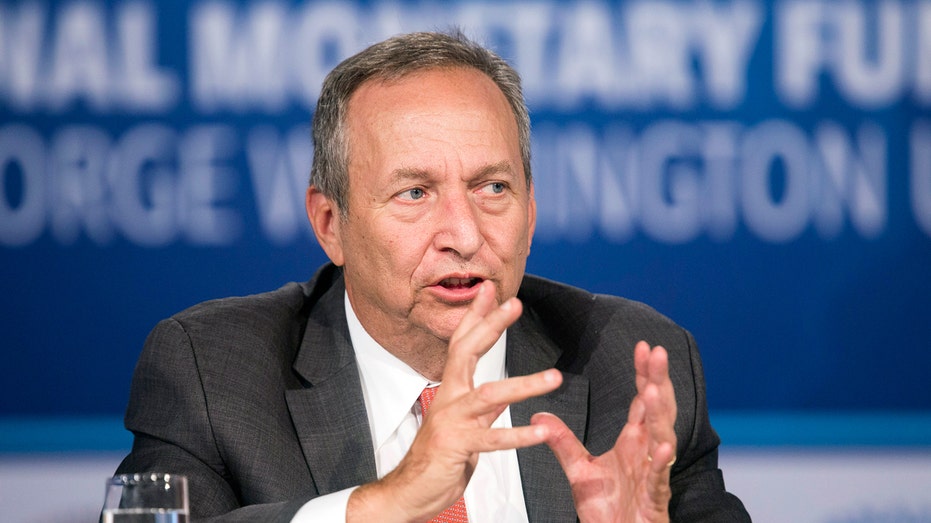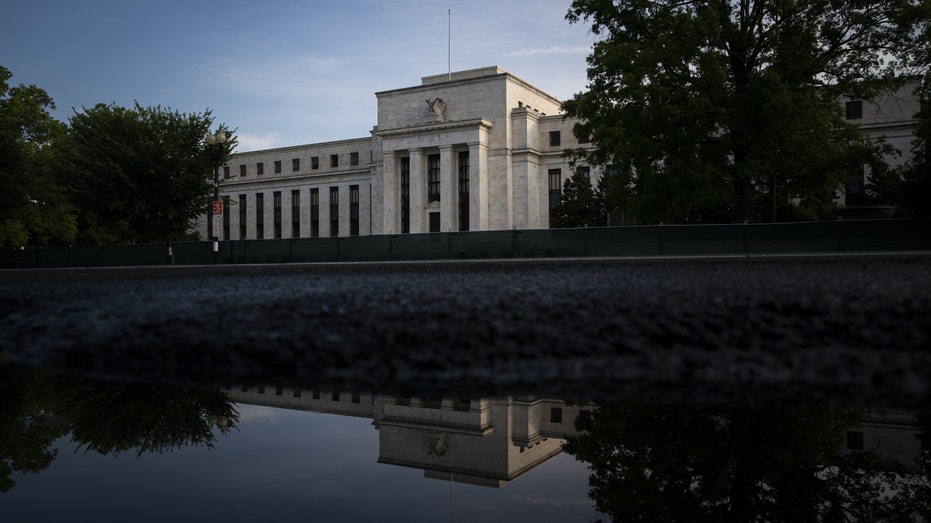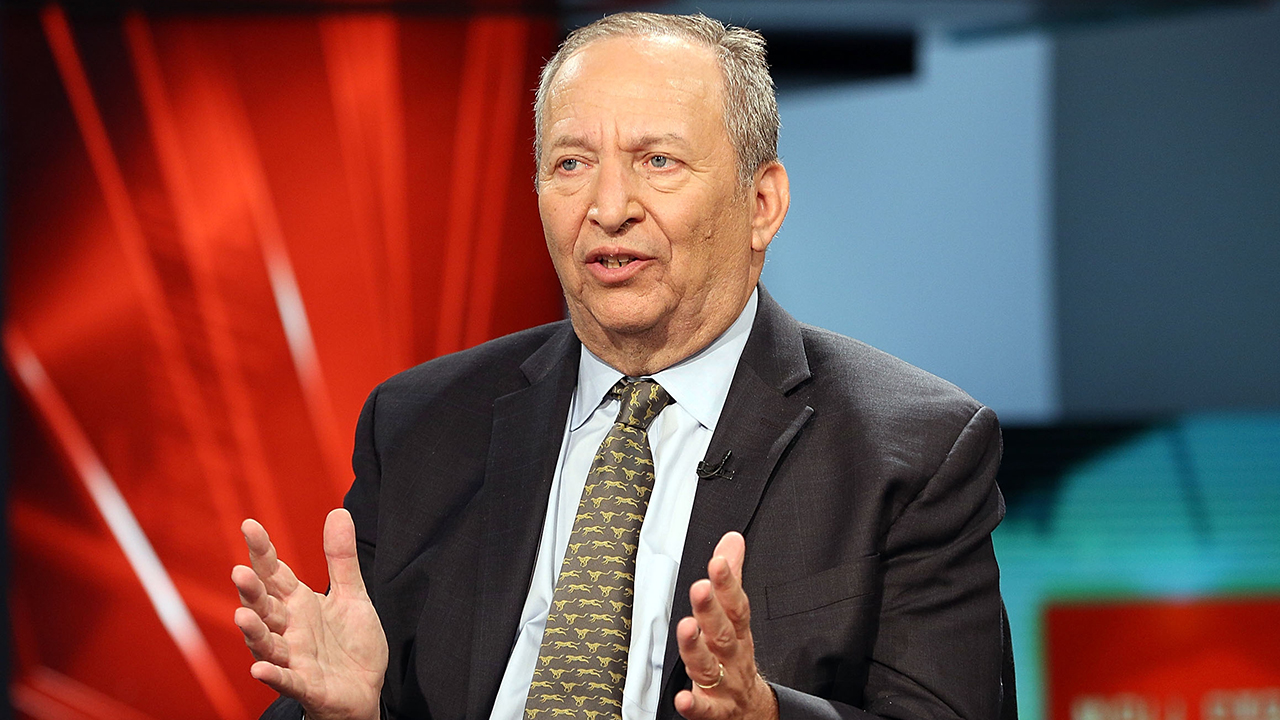Larry Summers warns inflation unlikely to fall without 'significant economic downturn'
Fed needs 'resolve' to tackle inflation, even if unemployment rises: Summers
Inflation rates to grow ‘higher and for longer’ until supply chain is ‘fixed’: Expert
Brigg Macadam founding partner Greg Swenson provides professional opinion on how the U.S. markets may respond to June’s consumer price index report on ‘Mornings with Maria.’
The scorching-hot June inflation report has increased the likelihood of the Federal Reserve inadvertently pushing the U.S. economy into a deep recession as it tries to combat runaway consumer prices, according to former Treasury Secretary Larry Summers.
"I think it is unlikely — very unlikely — that we will see inflation come down to target range without a significant economic downturn," Summers said Wednesday during a panel discussion hosted by the Economic Club of New York.
Summers, a Harvard University professor who served in both the Clinton and Obama administrations, has repeatedly sounded the alarm over rising inflation and spent much of 2021 arguing that the Biden team, as well as Fed policymakers, have underestimated the risk of soaring consumer prices.
He reiterated that warning on Wednesday after the Labor Department reported that the consumer price index, a broad measure of the price for everyday goods, including gasoline, groceries and rents, rose 9.1% in June from a year ago. Prices jumped 1.3% in the one-month period from May. Those figures were both far higher than the 8.8% headline figure and 1% monthly gain forecast by Refinitiv economists.
INFLATION SURGES 9.1% IN JUNE, ACCELERATING MORE THAN EXPECTED TO NEW 40-YEAR HIGH
It marks the fastest pace of inflation since December 1981.
"We need a quite substantial slowing just to get to normal and back to capacity," Summers said. "If you want to have inflation come out of the system, you have to get below capacity, where supply exceeds demand. My best guess would be that we're not out of this without a significant interval, 6% unemployment."

Larry Summers, president emeritus of Harvard University, speaks during a discussion on "A Reform Agenda for Europe's Leaders" during the World Bank/IMF annual meetings in Washington, D.C., on Oct. 9, 2014. (Reuters/Joshua Roberts / Reuters Photos)
There are growing fears on Wall Street that the Fed will trigger a downturn as it raises interest rates at the fastest pace in three decades as it races to catch up with runaway inflation.
But Summers said his concern is whether the Fed has the "resolve" to carry through with taming inflation, even if it means a higher unemployment rate. In the past, he noted the Fed — even under Chairman Paul Volcker's leadership — made the mistake of pulling back from tightening policy when it believed that inflation in the 1980s had started to subside.
"Doctors tell me they always tell their patients to take a full, 10-day course of an antibiotic. But normally their patients stop taking it when they feel better," he said. "I think the proposition here is when inflation starts to come down, and when there's evident weakness, does that mean that monetary policy has moved enough to achieve a durable victory again inflation, or only a remission? Those are going to be very difficult judgments for our central bank."
Fed policymakers in June approved a 75-basis point interest rate hike — the first since 1994 — pushing the federal funds target range to 1.5% to 1.75%. Another hike of that magnitude is on the table in July amid signs of stubbornly high inflation, Chairman Jerome Powell told reporters after the meeting, prompting investors to reassess the economic outlook.
Officials also laid out an aggressive path of rate increases for the remainder of the year. New economic projections released after the two-day meeting showed policymakers expect interest rates to hit 3.4% by the end of 2022, which would be the highest level since 2008.

The Marriner S. Eccles Federal Reserve building in Washington, D.C., on Wednesday, July 6, 2022. (Al Drago/Bloomberg via Getty Images / Getty Images)
Hiking interest rates tends to create higher rates on consumer and business loans, which slows the economy by forcing employers to cut back on spending. Mortgage rates are already approaching 6%, the highest since 2008, while some credit card issuers have ratcheted up their rates to 20%.





















